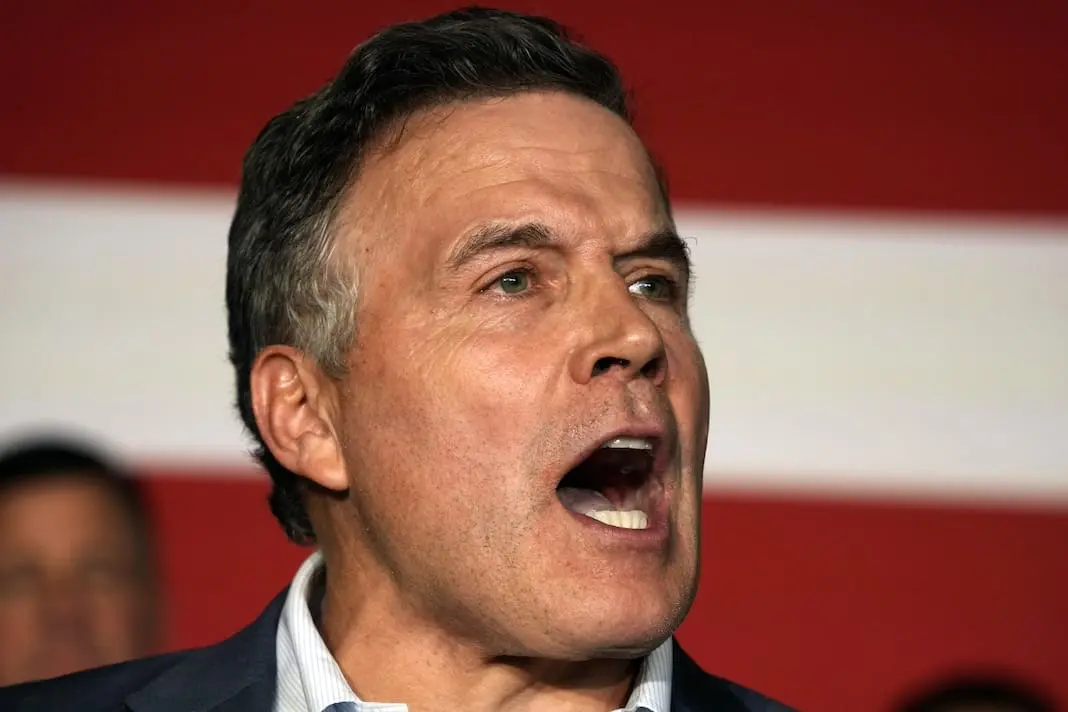Economy, Politics, White House
Biden administration launches investigation of China exports following unions' request

Economy, Politics, White House

National, Politics, U.S. Senate

National, Politics, U.S. Senate

National, Politics, U.S. Senate



Environment, infrastructure, Local


Elections, Politics, U.S. Senate